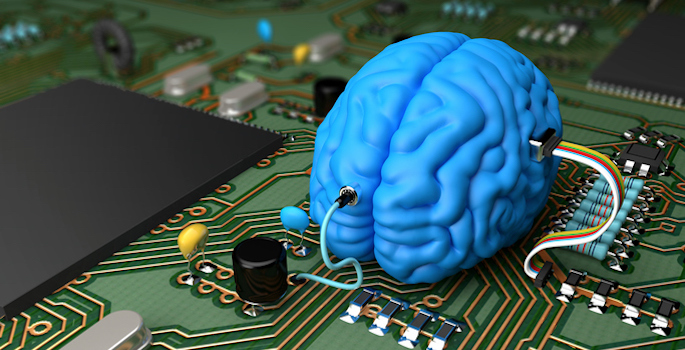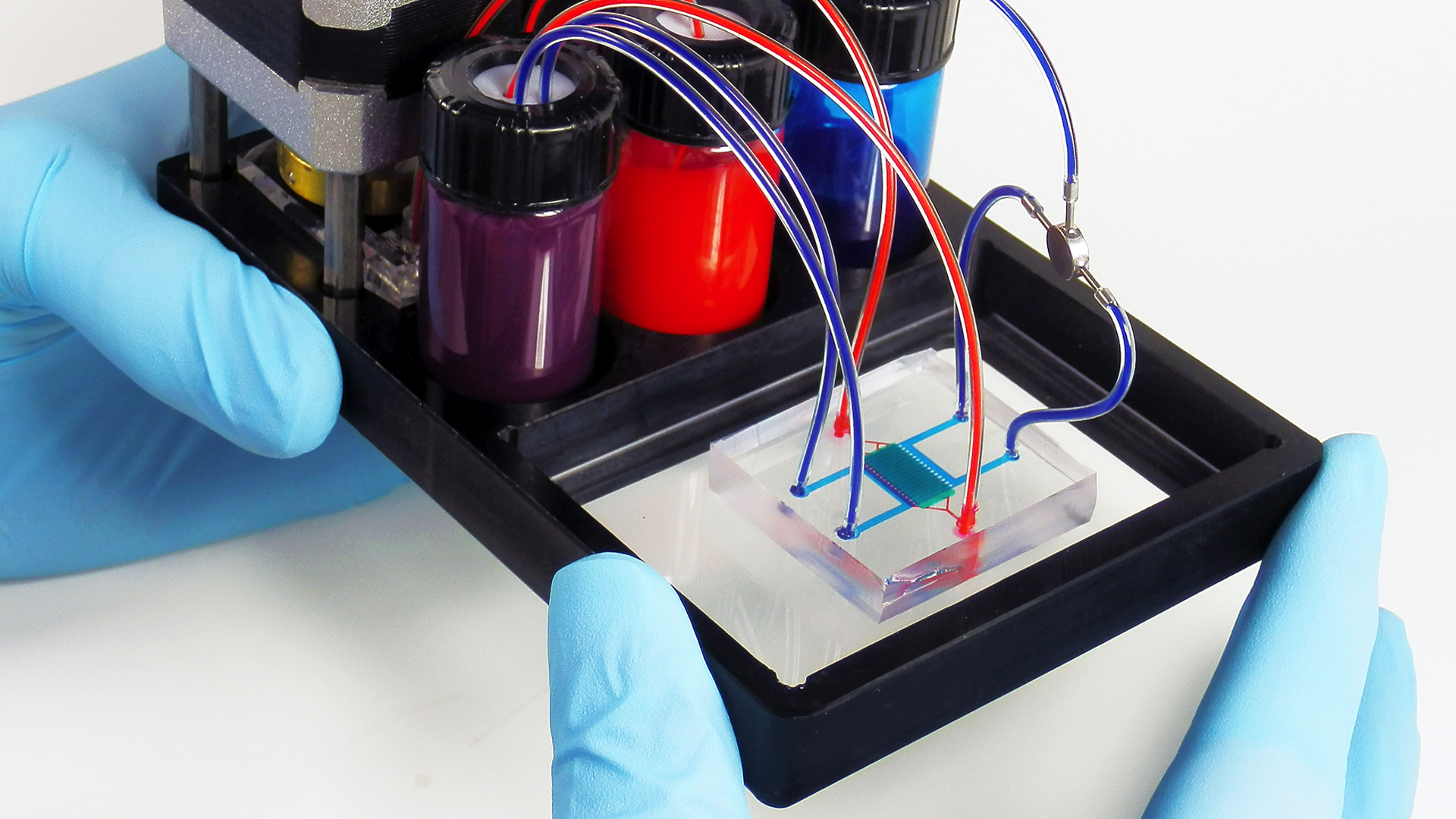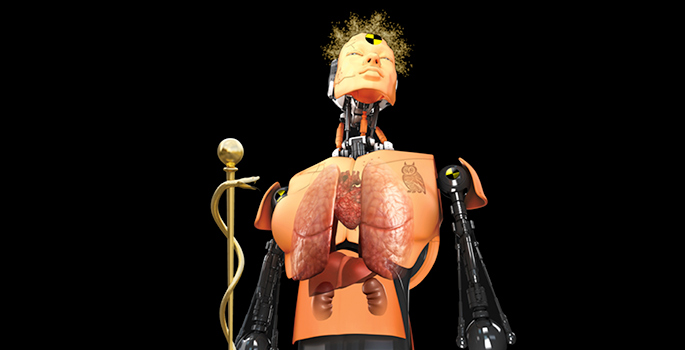Organ On A Chip
-

Blood-brain barrier on a chip sheds new light on “silent killer”
A new microfluidic device containing human cells that faithfully mimics the behavior of the blood-brain barrier is providing new insights into brain inflammation, the silent killer. Read MoreDec 6, 2016
-

VUCast: Easing allergies; Are your cleaning products safe?
In the latest VUCast: See which simple food can ease your allergies; learn about Vanderbilt's role in testing man-made chemicals; and what new invention can help reduce drought? Watch now! Read MoreJun 8, 2015
-

Vanderbilt and Pittsburgh to lead new center to identify toxic chemicals
EPA is establishing a new center at Vanderbilt University and the University of Pittsburgh to develop an alternative approach for toxicity testing to help evaluate the safety of the 80,000-plus chemicals in general commerce. Read MoreMar 25, 2015
-

Vanderbilt’s neurovascular chip project moves into new phase
Vanderbilt researchers will play a key role in the second phase of the federal "tissue chip for drug screening" program. Read MoreNov 18, 2014
-

VUCast Extra: Vanderbilt advances ‘organ-on-a-chip’ research
A team of Vanderbilt researchers is working on a radical new way to test drugs and toxins. It all starts with an "organ on a chip." Read MoreJul 22, 2014
-

Significant progress toward creating “benchtop human” reported
Vanderbilt physicist John Wikswo reported significant progress toward creating “homo minutus” – a human-on-a-chip that can be used to test drugs and toxins – on Mar. 26 at the Society of Toxicology meeting in Phoenix. Read MoreMar 27, 2014